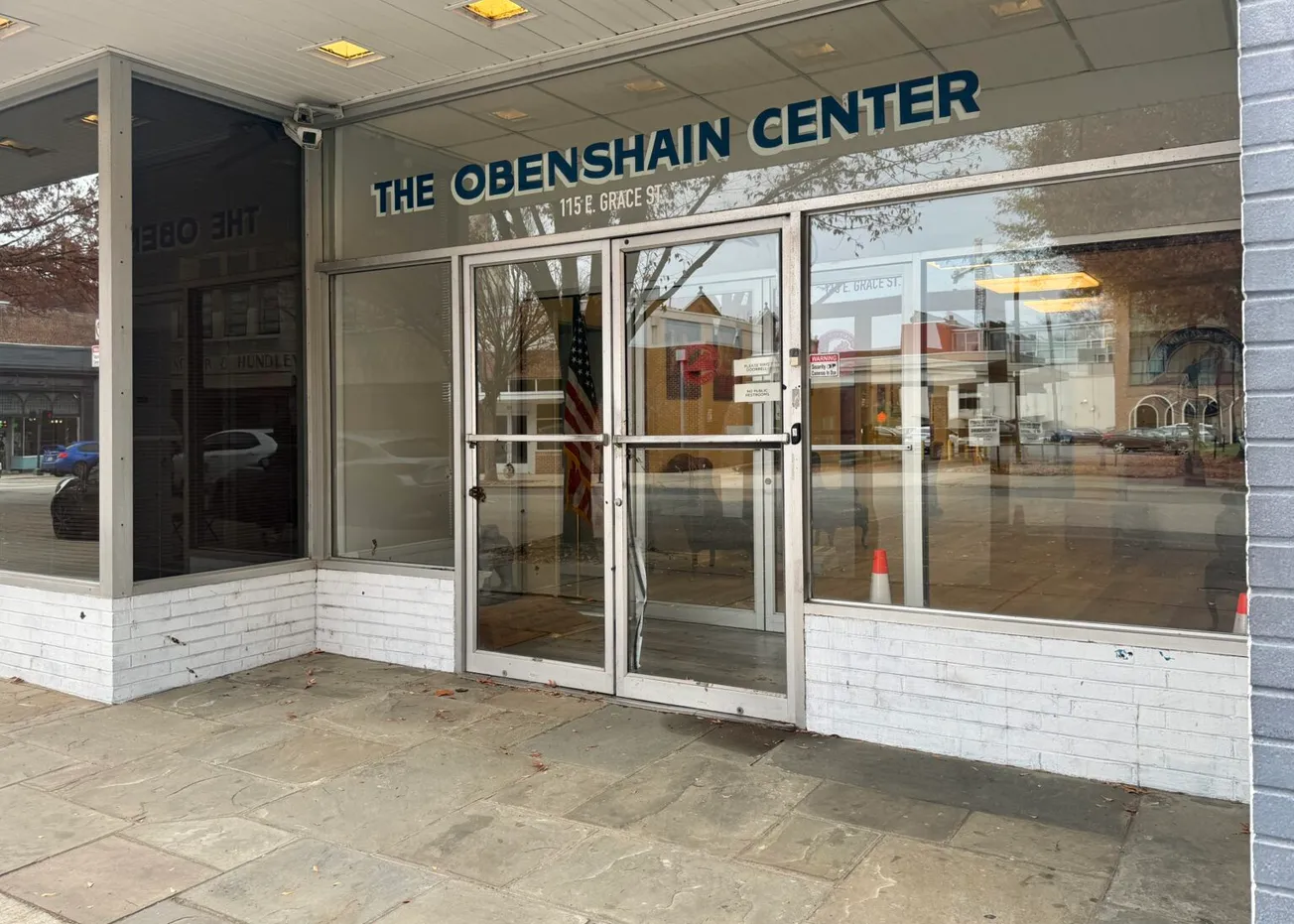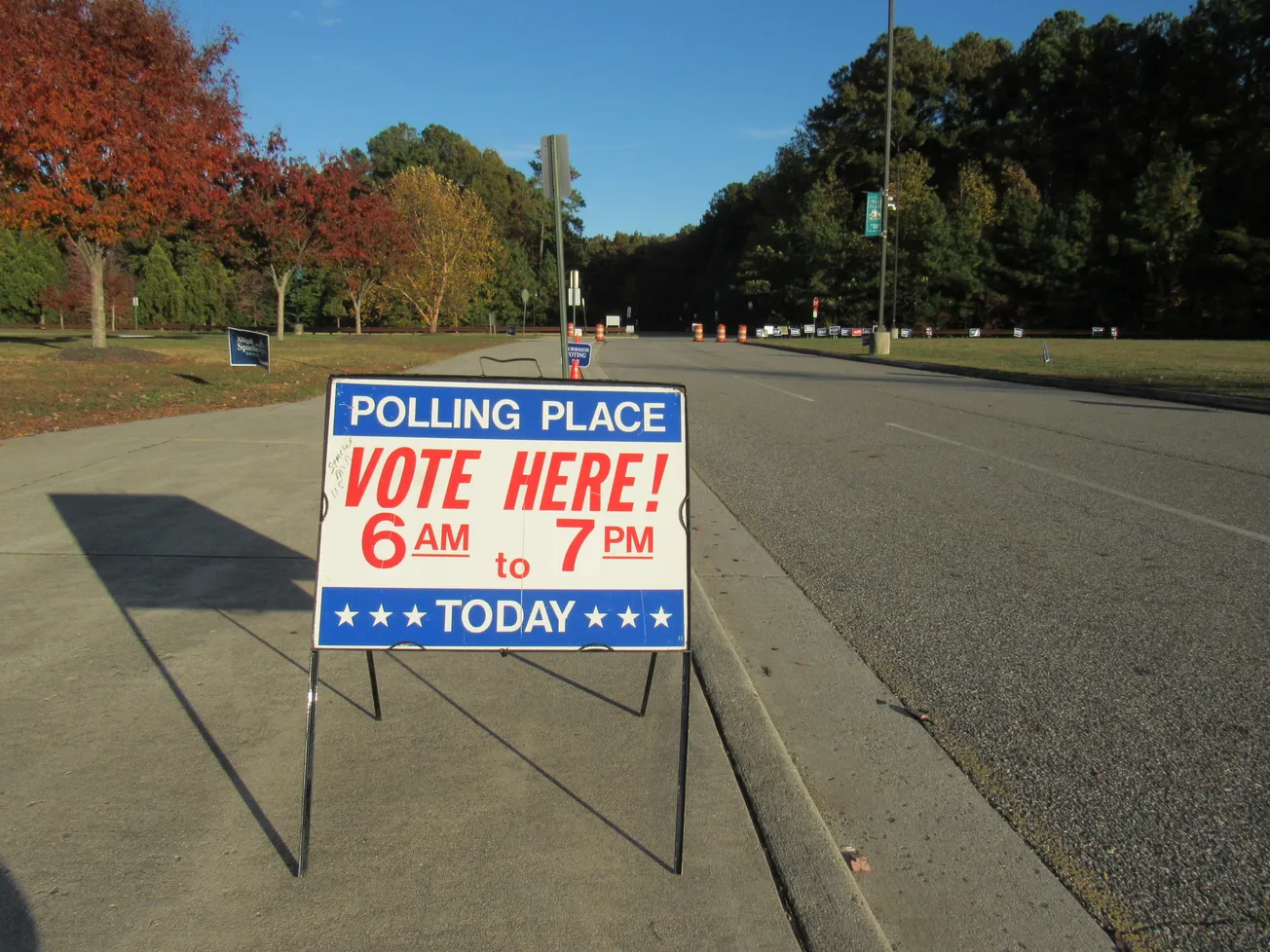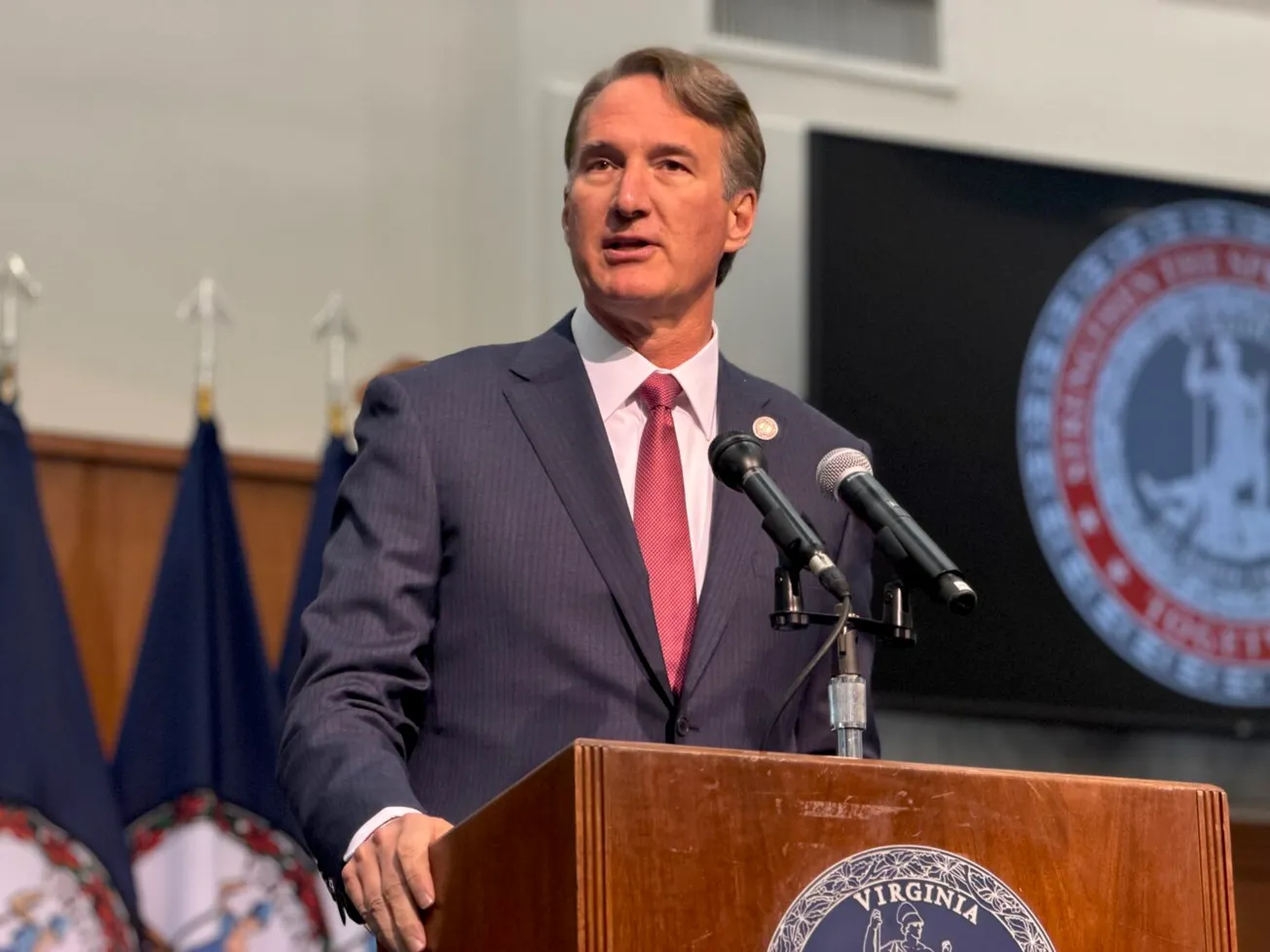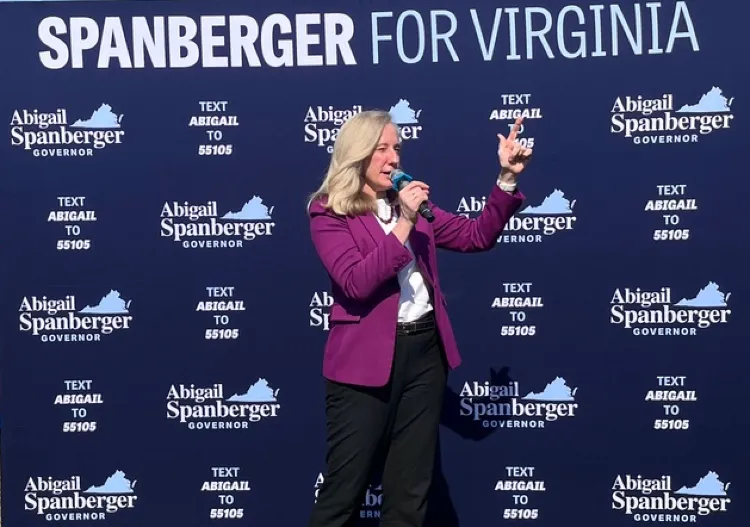Election 2025 — Government — Virginia Government — Western Henrico — Community — May Nivar — David Owen — Virginia House of Delegates — 57th District — Top News
ELECTION 2025: In House District 57, Henrico’s most competitive race centers around data centers, affordability – and Trump





